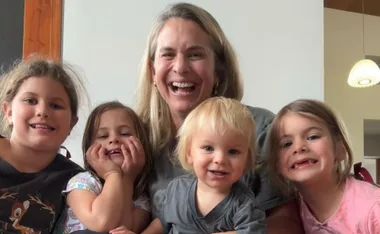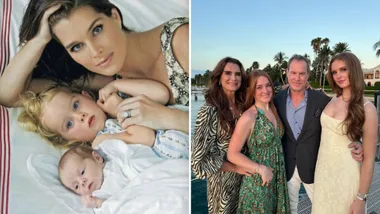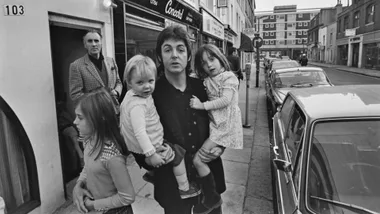Body image is a huge concern for young women and often the media is painted as the main culprit, but the reality is the biggest influence on a young girl is her mother.
While there are many influences on how young women see themselves, feel about their bodies, and compare themselves to others, positive body image starts at home and Dolly magazine is urging mums to take responsibility with the launch of their anti-body bashing campaign.
“Growing up, it’s natural to model yourself on a parent. But when that parent has poor body image — talking badly about their bodies or embarking on unhealthy diet and exercise plans — it can promote poor body image in their children,” says the magazine’s editor Tiffany Dunk.
The Butterfly Foundation’s Sarah Spence points out the risks of imposing your own negative body image on your daughter.
“If a mother is modelling poor body image, talking about how she’s not happy with her appearance and always on a diet, her daughter will see this as acceptable and normal behaviour,” she said.
“These comments and actions can make a young girl feel bad about how she looks. She might feel worthless or devalued, and start to develop a perception of food and bodies as being right or wrong.”
So what can mums do to break the cycle of negative body image?
Be a positive role model: Avoid making negative comments about your body or appearance in front of your child. Make a point of speaking kindly about all body shapes, respecting diversity, and focusing on what the body can do, rather than placing importance on how it looks. Be sure to nourish and nurture your own body by avoiding diets and exercise regimes.
Cut out the fat talk: Fat talk is language and dialogue that reaffirms beauty and appearance ideals. Make an effort to use positive words to describe food and remember food is morally neutral, it is not ‘good’ or ‘bad’.
Acknowledge and listen: to what they are saying about how they are feeling. Help them to find positive coping strategies so they don’t turn to food and in turn, starve or binge their feelings.
Don’t let them say ‘I feel FAT’: Encourage your daughter to talk about what really is going on — ‘fat’ is not a feeling. If you have a young child who says this, it is important not to ignore them but rather explore what and why has led them to say this.
Never encourage your child to go on a diet: Not only do diets not work and lead to weight gain over time, they are one for the major predictors in the development of disordered eating and eating disorders.
Help yourself: Body image is not just a teenage problem — mums have issues too — the Butterfly Foundation advises that it’s never too late to start appreciating and liking your own body or seeking support for body and eating issues.
And in addition to the Butterfly Foundation’s advice, Dolly is encouraging mothers and daughters to sign their anti-body bashing pledge, agreeing to never speak negatively about themselves or each other and focus on practising a healthy body image, with a hope to break the cycle and see more healthy body image practises take place.







.png?resize=380%2C285)



